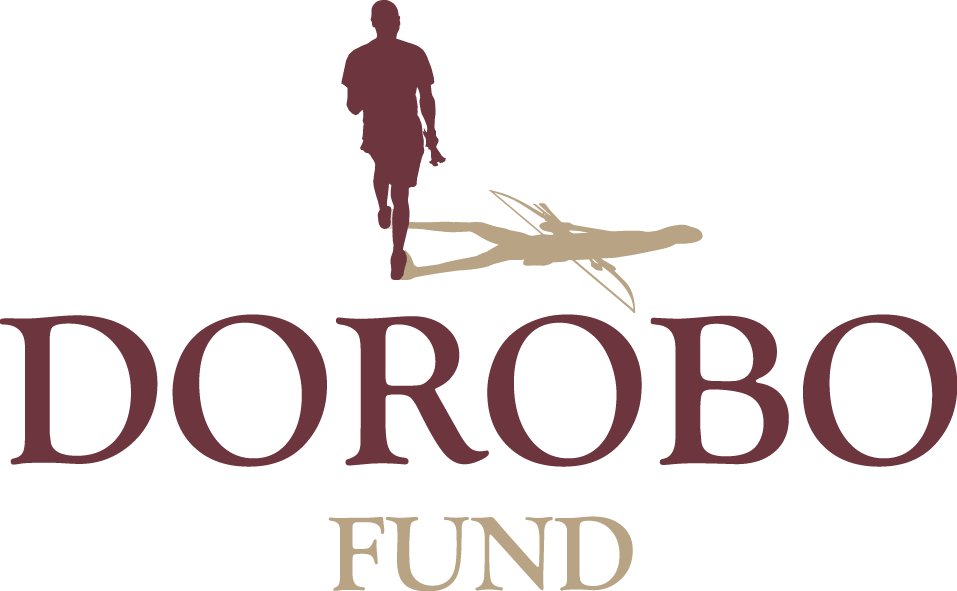The Dorobo Fund is not here to pave new roads, but rather to allow ancient ones to resume their natural path.
What We Do
We protect the cultures, people, landscapes and biodiversity of Tanzania through improved livelihoods and conservation.
We believe a healthy ecosystem balances the different and often competing needs of people, ecosystems, wildlife, government, and business. Today, these competing interests have never been so pronounced, with infrastructure development, shifts in livelihoods, increased food production, and a rapidly growing population.
Fortunately, solutions exist and we are funding them in hopes to see benefits for people, places and wildlife in Tanzania. Our primary focus is the livelihood of hunter-gatherer and pastoral societies in northern Tanzania, ensuring that their way of life is recognized and respected. We believe when communities are empowered, when they can own, manage, and benefit from their land and resources, we are all better off.
We are helping to secure land rights, improve livelihoods, educate new leaders, and create healthier and more sustainable communities.
Who we Are
Affectionately known as the Peterson "boys", American born Daudi, Thad, and Mike enjoyed the privilege of growing up in Tanzania. The three brothers started Dorobo Safaris quickly joined by their wives, Trude, Robin, and Lisa. Dorobo Safaris were, and still are, passionate about providing clients with experiences that connect with local people and the land. It was quickly apparent that expanding populations throughout Tanzania were threatening both wildlife and indigenous cultures. The Dorobo Fund was founded to preserve and protect wildlife and indigenous and local communities through improved livelihoods and conservation.
At its roots, the Dorobo Fund has always been about the people. Much of Dorobo Fund's success is due to contributions from outstanding individuals from northern Tanzania and around the world. Local elders Mzee Mika, the old Dorobo from the Maasai steppe, Maroba, the Hadza from Yaeda, and Oleure Parmelo, a long term friend and Maasai elder have provided immeasurable wisdom and guidance through the years.
Along the way, Dorobo Fund was also influenced by the support and guidance of Richard Leider, Susan Boren and Marilyn Mason.
Last but not least, the people on the ground who carry out and guide Dorobo Fund’s vision through UCRT, individuals like Edward Loure, Partalala, Makko and Maanda.
These days, Dorobo Fund is joined by the youngest generation of Petersons; Joshua, Mika and Simon. The boys have brought new energy and passion to the fund and we are excited for the guidance they bring as we continue to meet the challenges of protecting the cultures, people, landscapes and biodiversity of Tanzania in an ever modernizing world.
A short history
Dorobo Safaris started in the mid-1980's during the early days of Tanzanian ecotourism. Dorobo focused on developing unique and personal experiences 'off the beaten track' involving local cultures, ecosystems, and wilderness areas. Back then, it was clear that numerous threats from expanding human populations and economic activities- such as agriculture and charcoal burning, posed a serious threat to the conservation of northern Tanzania's extraordinary biodiversity and wildlife.
In 1991, Dorobo Safaris had worked to initiate the first joint venture agreements with local Maasai villages; providing payment in exchange for access to village lands for tourism. These agreements involved the villages setting aside large concession areas where agriculture and charcoal burning were prohibited, but other activities such as seasonal livestock grazing could continue. By the mid-1990’s, despite these initial steps to reconcile conservation with community livelihood interests, Dorobo Safaris became convinced that a broader and more holistic approach was needed. For over a decade, they had watched millions of dollars spent by international organizations on conservation and development projects that continued to fail.
Dorobo Safaris felt a new, community-based organization could help local communities address these resource management and governance issues. It was apparent these communities required support to successfully address land use planning, natural resource management, and tackle population growth. In addition, they needed assistance to address the ever-increasing conflict over resource rights and land tenure that villagers across Tanzania were facing.
Several Maasai activists were recruited with deep roots in these communities and extensive experience facilitating local development processes. The Dorobo Fund, a 501(c)(3), was registered in the United States. To implement projects on the ground in Tanzania, a local Trust, the Ujamaa Community Resource Team, was born in 1997. Initially, Dorobo Fund was the sole funder for UCRT however, good work has now attracted the support of multi-lateral donors from across the world.




